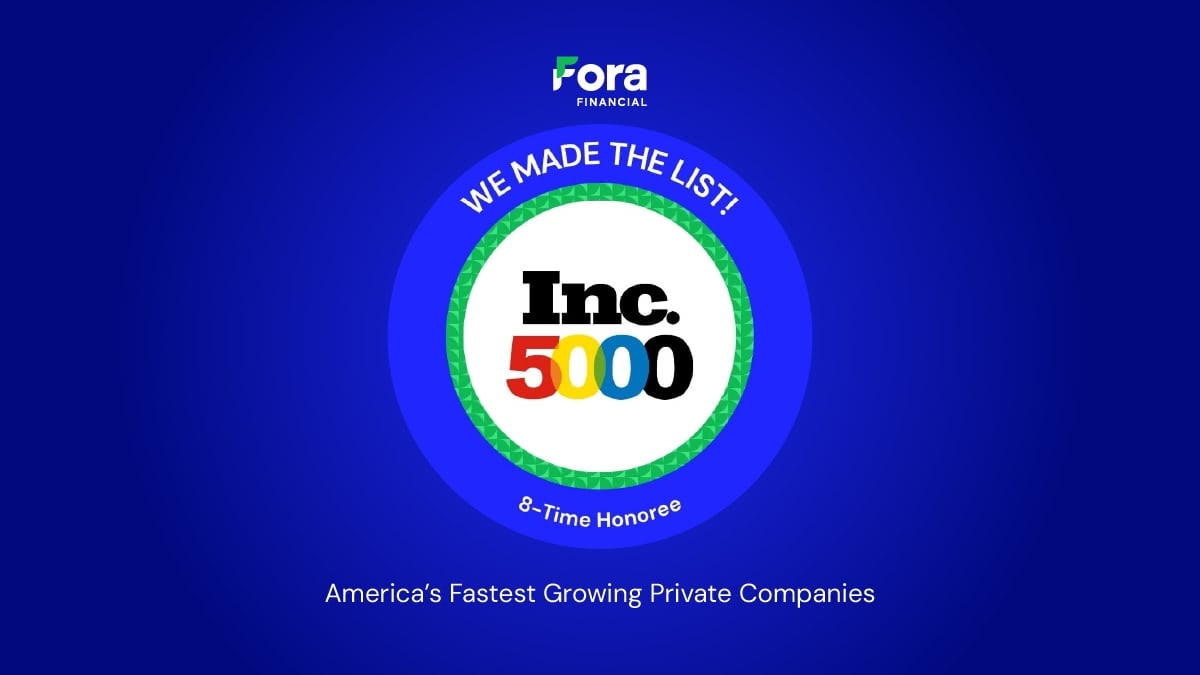The Top Pros and Cons of Asset-Based Lending

As you explore financing options, you may come across asset-based lending. At their core, asset-based loans are backed by business assets.
While every loan is unique, most of them act as business lines of credit, which is when a business can borrow from assets on an ongoing basis to pay for expenses as needed.
In this post, we'll explain what an asset-based business loan is and their pros and cons.
How Do Asset-Based Loans Work?
The two types of asset-based lending are traditional business loans and business lines of credits. No matter which working capital option you choose, a lender will look at the market value of your secured assets and offer a capital advance.
Generally speaking, you may borrow between 75% to 85% of your accounts receivables value and about 50% of the value of your equipment or inventory.
If you opt for a traditional business loan, you’ll repay the advance plus interest over a set time period. On the contrary, if you take out a line of credit, you’ll be able to withdraw as much or as little credit as you need, only paying interest on the funds you use.
Since your business assets will be used to secure the financing, your lender will be able to seize and sell them in the event you default.
What Types of Assets Can Be Used?
There are numerous assets you can use if you move forward with an asset-based loan. Here are a few examples:
Accounts Receivable: If you invoice customers, you can use receivables that are due within 30 to 90 days as collateral. The more you invoice, the higher your invoice value, and the more you’ll be able to borrow.
Inventory: Inventory may also serve as collateral. This can be a good option if you’re in a retail or wholesale business and have a lot of inventory at your disposal. A lender can appraise the resale value of your inventory and use it to secure your loan.
Equipment or Machinery: You can also use any high-value equipment or machinery that you have. Keep in mind that this is only true if your business (not you) owns the equipment free and clear.
Real Estate: Real estate that you’ve paid for outright also qualifies as collateral. If you decide to put up real estate, you’ll need to get it appraised to figure out its value and appreciation.
Rates and Terms for Asset-Based Loans
When it comes to rates for asset-based loans, they vary. The lender as well as your unique qualifications will determine the rate you lock in.
In most cases, however, rates range from 7% all the way up to 30%. Since you’ll need to pledge an asset as collateral to take out an asset-based loan, you may lock in a lower rate than you’d be able to with an unsecured business loan.
Just like rates, asset-based loan terms are inconsistent. The type of asset you use and its value will play a significant role in the terms you receive. If you use accounts receivable, you can expect short terms based on the terms of your invoices. You’ll likely land longer terms if you pledge machinery or equipment as your asset.
The Pros of Asset-Based Lending
The most noteworthy benefits of asset-based loans include:
Quick Application and Funding: Unlike other financing products, you can apply for an asset-based loan quickly with minimal documentation. As long as you meet the lending criteria, you may get approved and receive your funds right away.
Financial Stability: An asset-based loan can be a real lifesaver during tough times. You can use it to increase your cash flow and restore your business back to stability.
Competitive Interest Rate: Compared to other term loans, an asset-based loan may come with a lower interest rate. This is particularly true if you have good credit.
The Cons of Asset-Based Lending
The greatest drawbacks of asset-based finance is:
Asset Risk: If you fail to repay your loan, your business assets will be at risk. Your asset based lender may take your equipment, inventory, or other assets and sell them.
Fees: In addition to interest, there’s a chance you’ll have to pay other fees with an asset-based loan. You may be on the hook for origination fees, audit fees, and/or due diligence fees.
Borrowing Limits: Since the amount you can borrow will be based on the value of your company asset, you may not receive as much funding as you need or want.
Conclusion: Asset-Based Business Loans Can Help Grow Your Small Business
If you have a fairly young and growing business, an asset-based business loan may be invaluable, especially if you’re unable to secure other types of financing. Before you choose a lender and move forward with a loan, however, do your research and compare all of the options available to you.
Since 2008, Fora Financial has distributed $4 billion to 55,000 businesses. Click here or call (877) 419-3568 for more information on how Fora Financial's working capital solutions can help your business thrive.






